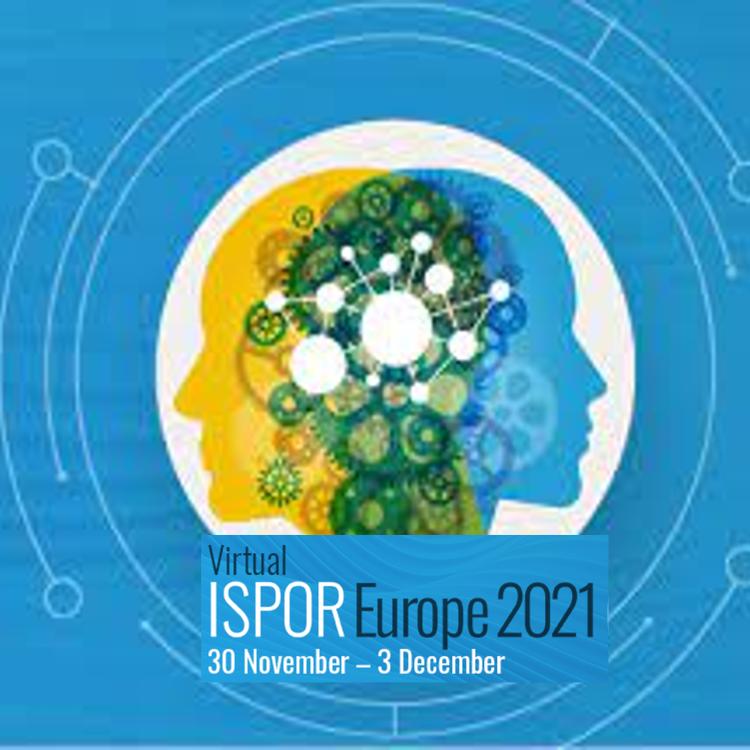NPC joined healthcare leaders as they convened at Virtual ISPOR Europe 2021, the leading global conference for Health Economics and Outcomes Research (HEOR) November 30 - December 3, for discussion and dissemination of the latest trends in healthcare.
NPC was proud to participate in a panel session on Thursday, December 2. NPC’s Chief Science Officer and EVP, Robert Dubois, moderated a panel that explored HTAs and the implications of uncertainty for “best practice” and policy decision-making.
About the Panel Session
ISSUE: Health Technology Assessments (HTA) draw on evidence that is often incomplete and immature. HTA organizations do their best to describe uncertainty’s impact on projected benefits, costs, and cost-effectiveness, but they sometimes come up short because they do not consider all plausible alternative assumptions. HTAs can miss plausible assumptions because they typically convene one group of experts and may settle on a single best option. If there are plausible alternatives, would they produce substantially different estimates? A recent study examined these questions by comparing the results of a completed HTA (Institute For Clinical and Economic Review, PARP inhibitors in ovarian cancer) with a repeat assessment performed by two independent sets of clinical and health economic experts. The three sets of assessments substantially differed with corresponding differences in cost-effectiveness.
OVERVIEW: Dr. Dubois framed the issue of the precision associated with assessments and its importance in determining an intervention’s cost-effectiveness and associated patient access. Dr. Cohen, as the principal investigator on the above study, shares what the study entailed and its findings. Dr. Boysen provided a perspective on how those results relate to NICE. Dr. Pearson provided a U.S. perspective on both methods improvement and policy decision-making. Dr. Colson discussed how elicitation might be improved. Dr. Dubois will also engage the audience on the impact for HTAs.
For highlights and information accessing the virtual platform, please visit the Virtual ISPOR Europe 2021 website.
Featured Speakers
Moderator
| Robert W. Dubois, MD, PhD | |
| Chief Science Officer and Executive Vice President, National Pharmaceutical Council (NPC) |
Panelists
| Meindert Boysen, PharmD, MSc | |
| Deputy Chief Executive and Director of the Centre for Health Technology Evaluation, National Institute of Health and Care Excellence (NICE) | |
| Josh Cohen, PhD | |
| Deputy Director and Chief Science Officer of the Center for the Evaluation of Value and Risk in Health, Tufts Medical Center Institute for Clinical Research and Health Policy Studies | |
| Abigail Colson, MPP, PhD | |
| Lecturer, Department of Management Science, University of Strathclyde | |
| Steven Pearson, MD | |
| Founder and President, Institute for Clinical and Economic Review (ICER) |
